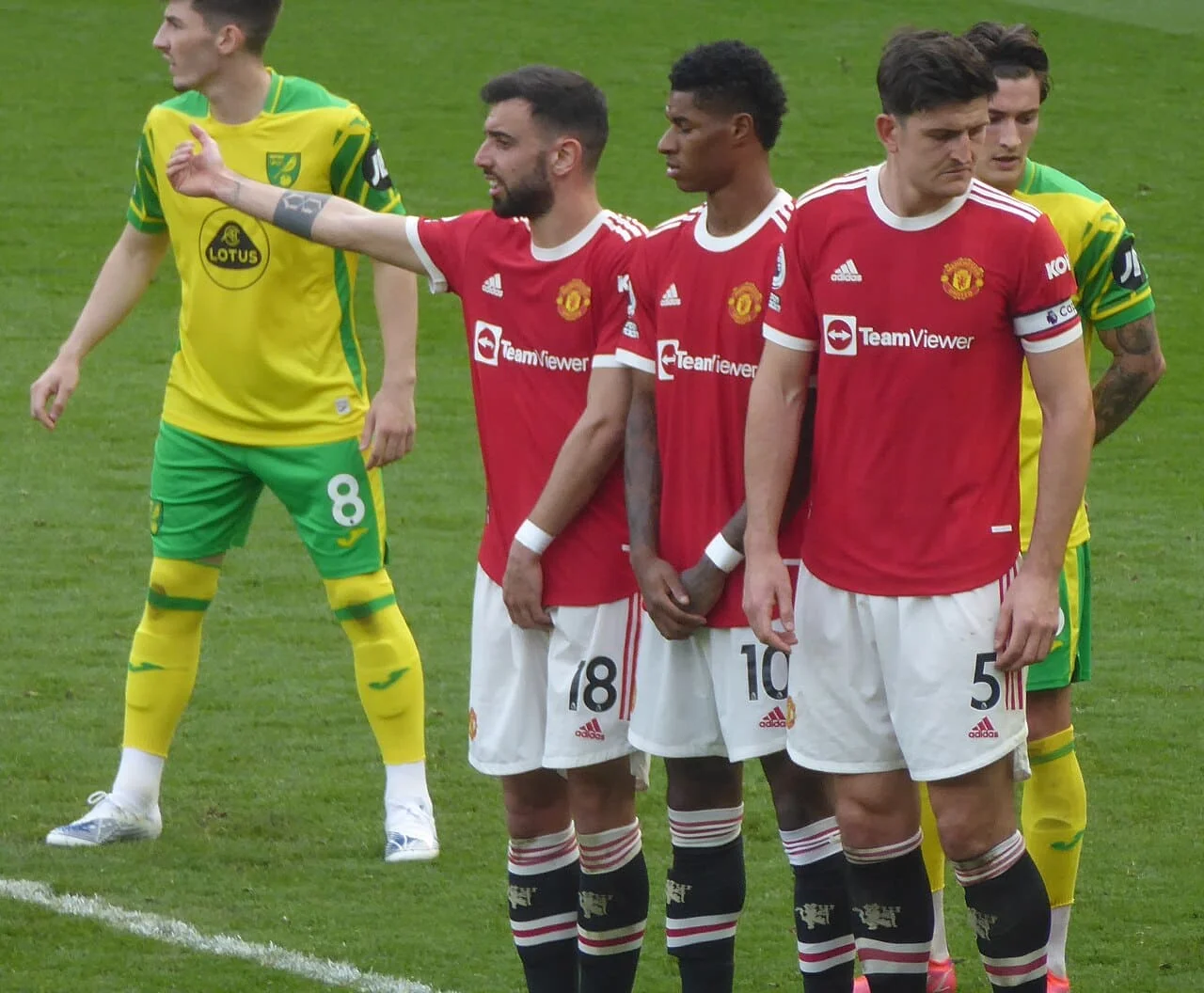
The Mind-Muscle Connection explained.
In the world of resistance training, there is still a common misconception that all it takes to build muscle is moving heavy weights from A to B. However, the science has been highlighting that how you focus during your lifts can significantly impact your results.
You may have heard the common term, mind-muscle connection (MMC). For a long time, this was relegated to more spiritual practices, such as yoga and meditation, seen by some as unscientific hippy-dippy nonsense. In the fields of sports and neuroscience this myth has been dispelled for several years now, but is yet to trickle down to the general population. MMC is defined as the deliberate, conscious focus on a specific muscle to feel its contraction during an exercise. This internal focus can recruit more muscle fibres, leading to greater muscle activation and growth over time.
Health & Wellbeing — Read more on EyeOnLondon
Explore connected features and keep reading for practical insight and expert context.
How gratitude supports health and happiness
The evidence behind daily gratitude — mood, sleep and stress — and simple ways to build the habit.
Read the articleGLP-1 medications transforming weight and health
What these drugs are, who they help, and what clinicians say about benefits, risks and access.
Read the articleSmart hydration for women in the heat
How to adapt fluid, electrolytes and training plans when temperatures rise — practical tips that work.
Read the articleStudies by Schoenfeld et al. (2018) and Calatayud et al. (2016) have illustrated the importance of the MMC beautifully:
Schoenfeld et al. (2018):
Found that participants using a mind-muscle connection during a bicep curl experienced greater increases in biceps muscle size (hypertrophy) compared to those focusing on the movement.
Calatayud et al. (2016):
Investigated MMC during progressive resistance training and supported its importance for muscle activation, particularly at lower to moderate intensities (up to 60% of 1RM). Test subjects were told to intentionally concentrate on the specific muscle they were working during an exercise, whilst being measured via electromyography (EMG).
This heightened muscle fibre activation refers to the brain sending more signals to more of the fibres in a given muscle. When we move our muscles we do not need to use every single muscle fibre that is there. Our body is very efficient, using only the bare minimum required for a set task. When we concentrate on a working muscle, the brain will send signals and “activate” more of the fibres than if we were not focused on it. This means more fibres are challenged and therefore receive the training stimulus to grow (hypertrophy) and strengthen.
This is particularly useful for isolated muscle movements, such as bicep curls and hip thrusts, where you are in a stable position and can focus solely on the muscle rather than diverting focus to balance and stability as one would with compound exercises, such as squats and deadlifts. MMC is still important for these exercises. However, the primary focus should go to form and safety.
With so many of us having limited training time, having a time-efficient method to reach our goals is essential. This technique can even be applied to “exercise snacks” littered throughout our daily duties. For example, while making dinner you can mindfully perform a few lateral raises with a tin of beans in each hand, focusing on exactly how the shoulder muscles are countering and squeezing to lift the tins. Taking the stairs in the office, you can stop and complete some mindful calf raises. Or if you do have time for a proper hard-core lunchtime arm workout, get a seat by a mirror, put in your favourite playlist and watch those guns grow. Notice every single contraction!
By harnessing the power of the mind-muscle connection, you can elevate your workouts into a highly focused experience, paving the way for optimal gains and a deeper understanding of your body’s potential.
For more independent features on fitness, health and lifestyle science, follow EyeOnLondon for intelligent coverage you can trust.
[Image Credit | Lifehacker]
Follow us on:
Subscribe to our YouTube channel for the latest videos and updates!
We value your thoughts! Share your feedback and help us make EyeOnLondon even better!









